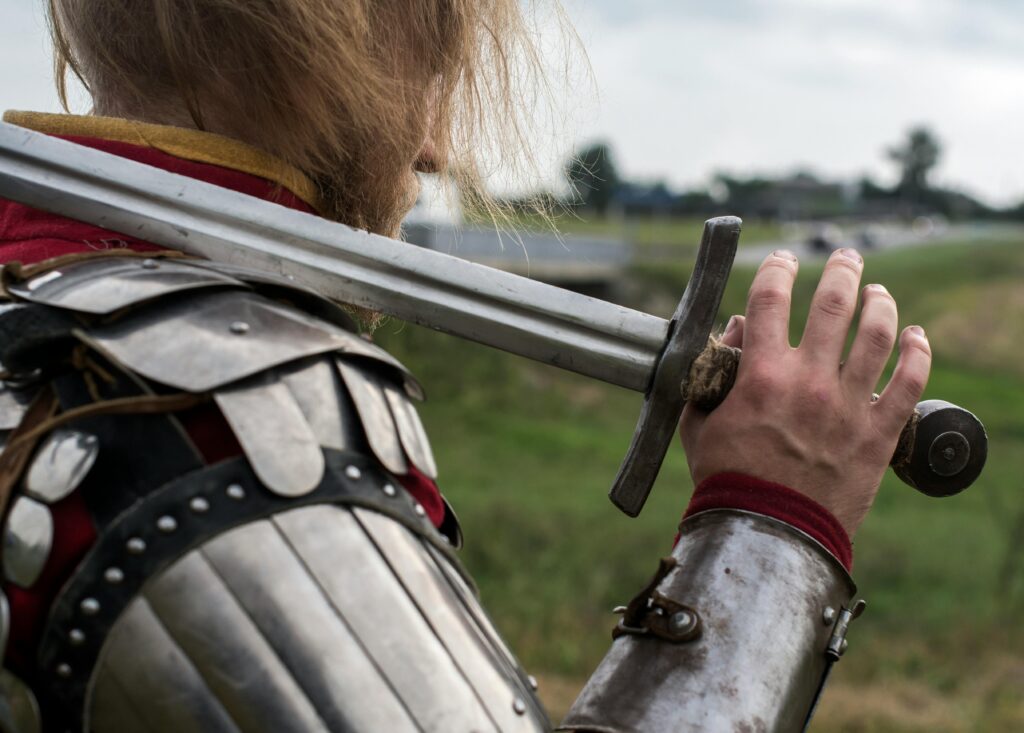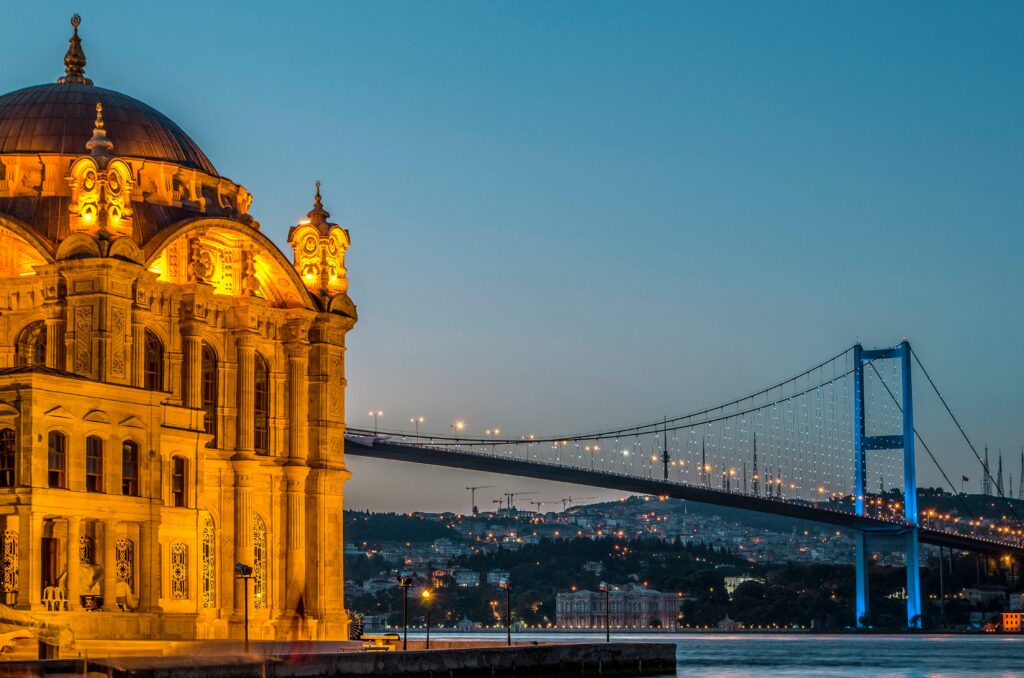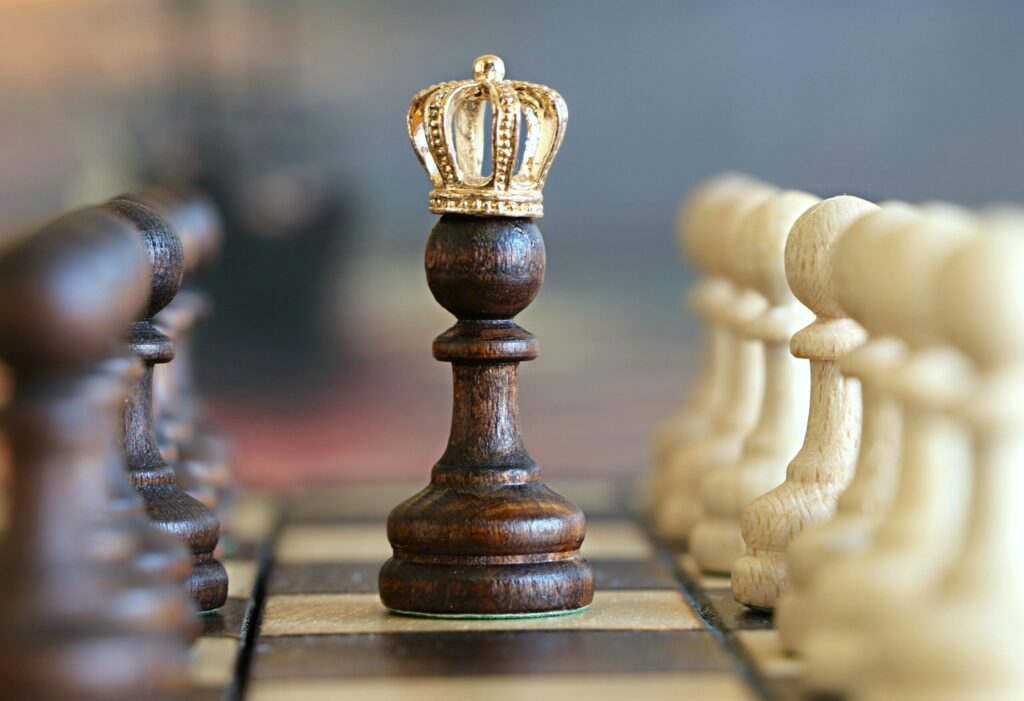Our Arts Need New Masters
The arts that fit under the umbrella of Historical European Martial Arts or Western Martial Arts are still young in their return to the world. It has really only been about 20 years that there has been earnest pursuit, and only in the last decade has there been a serious increase in practitioners. There is a growing energy behind them now.
In my travels I’m truly amazed at the number of new study groups and enthusiasts that are appearing in towns big and small. The timing is right. Swords and the stories that surround them have never been more popular and the world is ready for new and unique forms of physical exercise. Yet the most important thing in this renaissance of antiquarian exercise is most likely our new modes of global sharing and communication—I wonder how Alfred Hutton’s 1890s failed English revival of historical martial arts would have fared if he had access to the Internet?
Yet despite all of this new enthusiasm these martial arts could die out in a second as we fickle folk move on to other pursuits. They could also be eclipsed by new sports that share some common ancestry with historical swordsmanship but little technical resemblance.
This is the main reason that I feel we need to strive for the creation of Masters. Not “ninja masters”, but Masters in the traditional meaning: those who have a complete knowledge of their art and who are able to effectively transmit it to others.
If our arts are going to have a life beyond this generation we need to foster not just a new generation of practitioners but a new generation of teachers.
In this next week Academie Duello’s second group of instructors will graduate to level one as part of our new Instructor Training Program. Though we have trained instructors internally for years (it is a necessary thing when you have classes seven days per week and more than 3000 unique students each year), this new program is special. It makes it possible for people from outside of Vancouver to connect with us, to learn our practice of Italian swordsmanship in an intensive way, and then to stay connected and progress in their ability as martial artists and instructors over the long-term.
In February, our aspiring graduates completed a 50-hour, week-long intensive that covered our foundational approach to Italian Rapier and Longsword in practice, theory, and pedagogy. Now they’re just finishing their fourth post-intensive examination. Yes, four written exams—one per week following their course.
That might seem a bit grueling but so often after taking a workshop of some kind it is easy to forget a significant chunk of what you’ve learned. This format encourages students to take good notes during the course and to continue reviewing and developing what they learned during the critical month after a course’s completion. The results and reviews of this format so far have been positive. I think it also requires a level of seriousness that I want to see from those we invest our energy into.
Twenty two years ago I started on my study of European martial arts, excited to realize a childhood dream. Then in 2004 I started my school with the goal of creating more serious practitioners to pursue this art along with me. Now as the school has grown, and our broader community along with it, my goal is to share the experience of those years, the thousands of hours of practice and teaching, the work we have done in practice and pedagogy, and our experience teaching more than ten thousand students, to empower a new generation to not just be proficient practitioners but to become Masters.
If you’re intrigued about our program, you can learn more about our instructor program and its levels on the Academie Duello website here. I hope you’ll join us.
Please take a moment to share your thoughts about the making of modern day Masters in the comments.
Devon





As a green cord practitioner, I hope a sudden influx of “new masters” won’t mean a degradation of the outstanding quality of instruction I currently enjoy at the Academie. I have taken Eastern martial arts before, been offered glimpses of the “master”, but then taught primarily by “black belts” who yes, had paid dues, but still lacked expertise, maturity, or teaching skills. It felt like a “bait and switch” scam in the end. If my progression through the ranks at the Academie Duello is to be meaningful, I want those teaching and evaluating me to be true masters as you say: those fully qualified in the art and able to transmit the knowledge.
Totally agree. And glad to say Duello has the mechanisms in place to achieve it.
Hey Simon, I agree with you as well. My goal is to inspire people to pursue mastery and see it as something that is possible. That doesn’t mean that it’s possible in a few months or even a few years. It’s a long-term process and anyone embarking on it will need to bare that in mind in order to build the resilience required. I’m certainly not in a rush — we’ve been a school for 12 years and have graduated no ‘masters’ yet in our system. Though I hope to soon. And those are masters as I describe above: those able to thoroughly and fully communicate the art to others.
I think to have vibrancy as an art we need to not be shy about creating high level instructors. However we need to make sure we keep pursuing that goal genuinely.
When I read that Duello was cooperating with other high quality schools such as the San Jose State’ and Sonoma Master Program (such as Puck Curtis and Kevin Murakoshi), I knew that Duello was serious about training high quality masters.
The San Jose/Sonoma State carries the Italian tradition that produced the rapier. Sadly, they don’t have the oral tradition to train a person for the rapier, but many foil, epee, and saber techniques resemble (or ARE) rapier techniques. They carry the fencing pedagogy that produces the finest and fearful fencers that the world ever seen.
I have no doubt that Duello make fine instructors/provosts/masters.